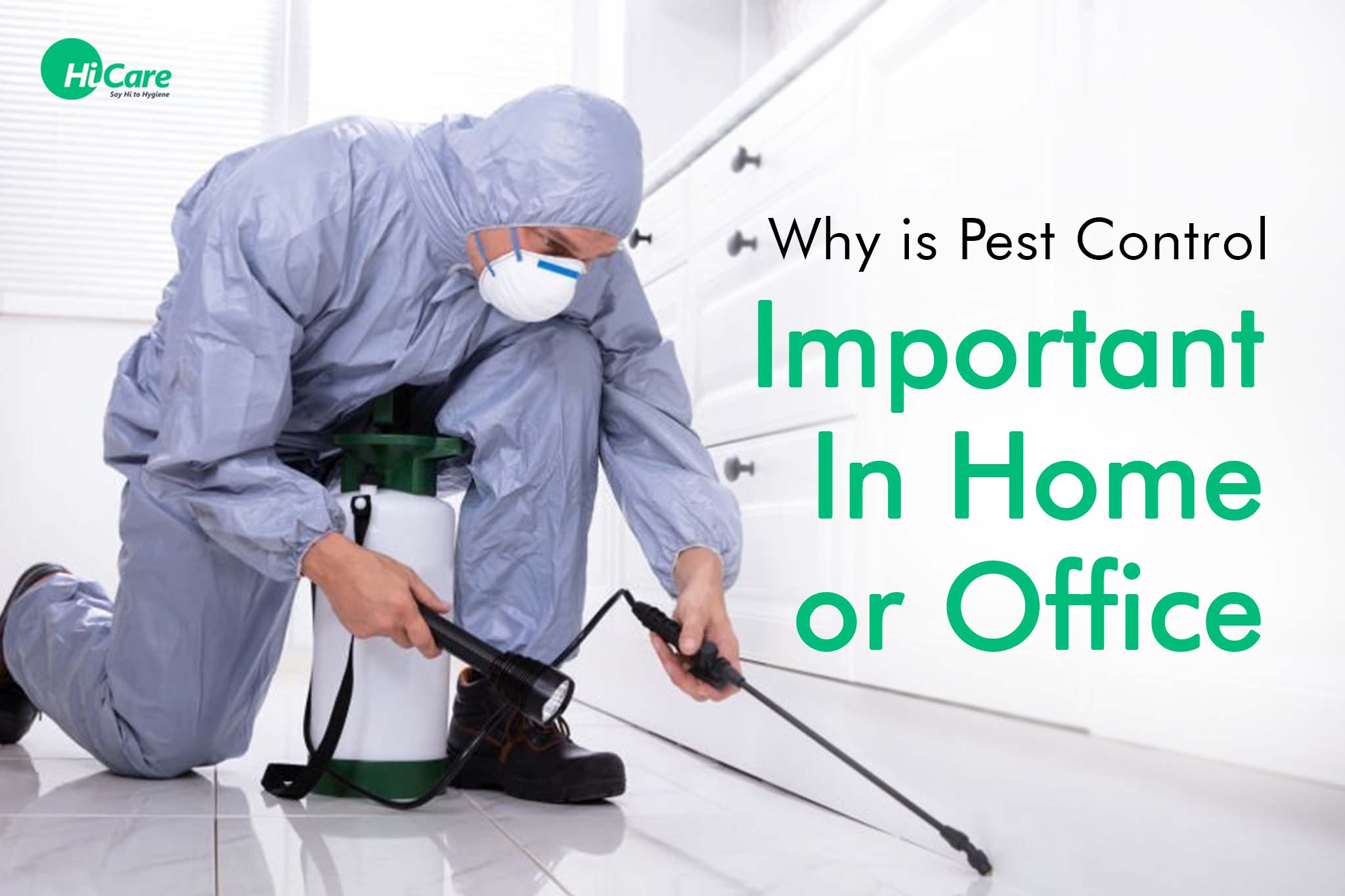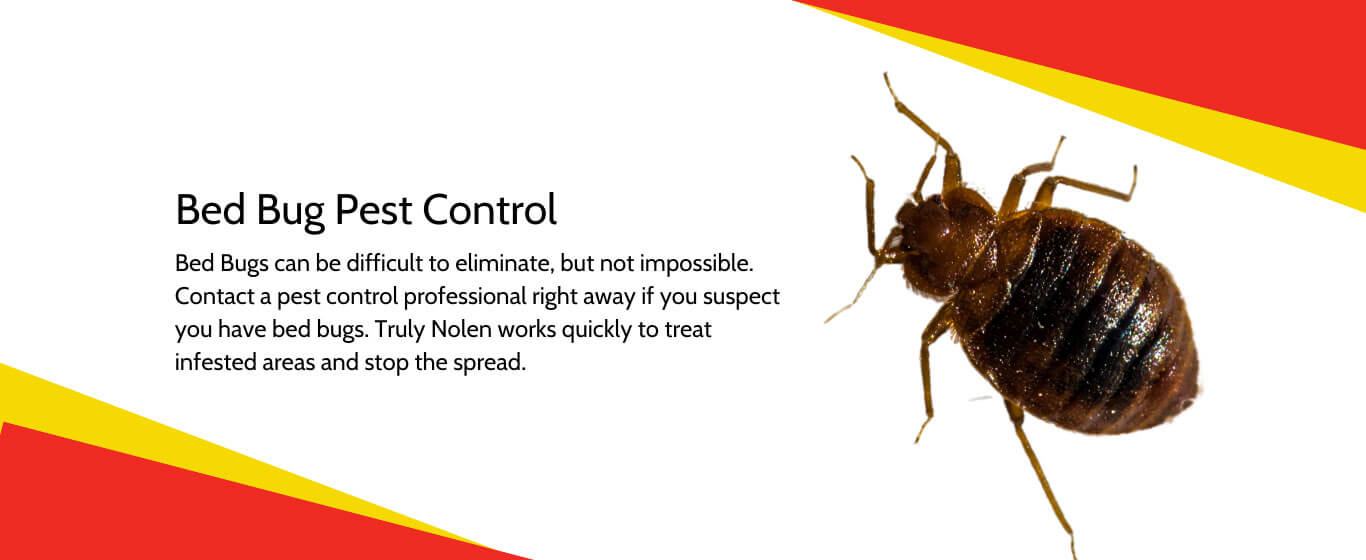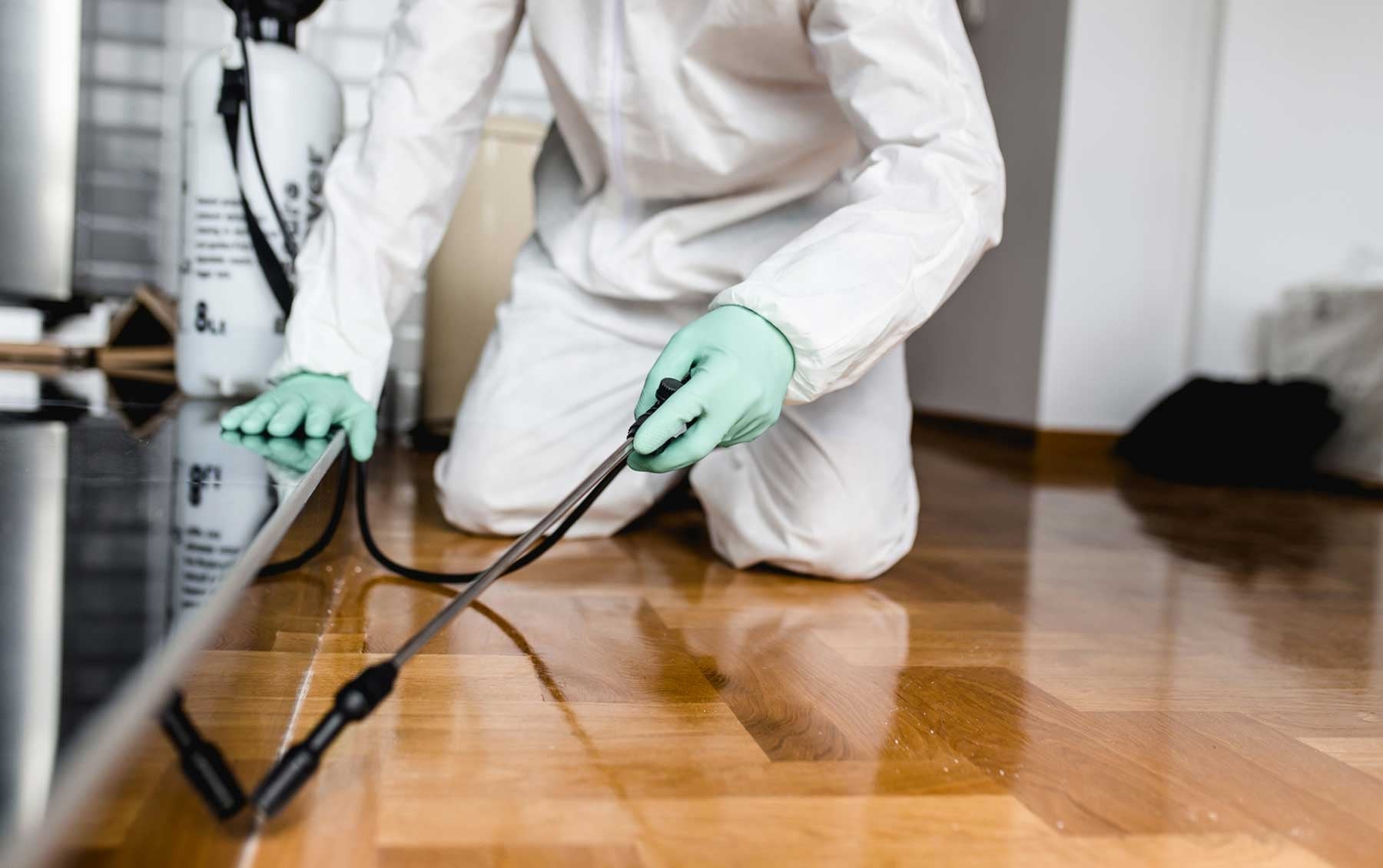Safe and Trustworthy Parasite Control for Lasting Defense
Effective insect administration requires a complex method that stabilizes eco-friendly honesty with the demand for efficient pest suppression. The nuances of these techniques might not be promptly clear, motivating a better examination of the techniques that can lead to sustainable parasite control outcomes.
Understanding Parasite Control Methods
Parasite control encompasses a variety of methods focused on handling and removing unwanted pests and rats that can threaten both wellness and building. Understanding these techniques is vital for effective insect management.
The key categories of insect control methods include mechanical, organic, and chemical techniques. Mechanical techniques involve physical obstacles and traps to stop parasite entry and capture unwanted species. Making use of displays on windows or using sticky catches can substantially reduce parasite populaces without presenting hazardous compounds - exterminator coquitlam.

Chemical parasite control is usually one of the most acknowledged approach, utilizing chemicals to remove pests. These chemicals can be efficient yet must be used with care to stay clear of unfavorable effects on non-target types and the environment.
Advantages of Eco-Friendly Solutions
How can green services change pest control practices? The fostering of environmentally friendly parasite control techniques offers countless advantages, substantially boosting the performance and security of parasite management (exterminator coquitlam). These solutions use all-natural ingredients, reducing the dependence on harmful chemicals that can posture dangers to human health and wellness and the environment. This shift not just secures family members and family pets but additionally minimizes the potential for dirt and water contamination.

An additional advantage is the favorable effect on neighborhood biodiversity. Eco-friendly solutions are created to target details parasites while protecting helpful bugs and wildlife, promoting a well balanced ecological community. This approach straightens with the growing consumer demand for sustainable methods, enhancing the online reputation of insect control companies.
Integrated Parasite Monitoring Approaches
The application of green solutions naturally brings about the fostering of Integrated Insect Administration (IPM) strategies, which additionally boost insect control efficacy. IPM is an alternative strategy that integrates multiple methods to take care of parasite populations while lessening environmental effect. This method emphasizes using organic, cultural, mechanical, and chemical controls, making sure a lasting and well balanced approach of parasite monitoring.
One fundamental element of IPM is the thorough evaluation of parasite activity and environmental conditions. By monitoring bug populaces and recognizing their life cycles, experts can apply targeted interventions that disrupt the parasite's habitat or lifecycle, reducing dependence on chemical pesticides. In addition, cultural techniques such as plant turning and environment control can dramatically diminish pest establishment and reproduction.
One more critical element is the use of biological control agents, such as useful pests or microorganisms, which can normally suppress insect populaces. When chemical applications are essential, IPM focuses on making use of low-risk pesticides and uses them selectively, lessening direct exposure to non-target organisms and humans.
Including IPM approaches not only enhances pest control effectiveness yet additionally promotes a much safer ecological community, straightening with the expanding need for sustainable techniques in pest management.
Safe Practices for Property Owners
Recognizing the value of risk-free methods in parasite control can encourage home owners to successfully take care of parasite concerns while protecting their find out here now wellness and the environment. Executing preventive actions and non-toxic approaches is essential in reducing direct exposure to damaging chemicals.
House owners must initially evaluate their environment for problems that bring in bugs, such as standing mess, food, and water waste. Consistently cleansing and securing entry factors can prevent pests from attacking the home. Using natural deterrents, such as important oils or diatomaceous planet, can give reliable options to chemical pesticides.
When chemical therapies are needed, property owners should choose items that are specifically labeled as risk-free for domestic use. It is important to comply with application standards meticulously to avoid too much exposure. Making use of targeted treatments in areas where parasites are identified, rather than blanket splashing, can considerably minimize chemical usage.
Lastly, keeping open interaction with pest control experts is crucial. House owners ought to ask about the safety and security of products used and request green alternatives whenever possible. By taking on these secure techniques, homeowners can develop a much healthier living environment while successfully taking care of insect issues.

Tips for Long-Term Protection
Establishing a bug administration strategy that stresses long-term protection can substantially improve the effectiveness of the risk-free practices formerly talked about. To accomplish this, home owners should execute regular assessments of their home, concentrating on hidden locations such as attic rooms, cellars, and crawl areas. Early detection of bug activity is important in stopping invasions from taking hold.
In addition, maintaining a clean setting why not try this out is important. This includes appropriate food storage space, without delay cleansing spills, and regularly taking care of garbage. These methods minimize attractants that draw parasites into the home. Sealing entrance factors, such as cracks around windows and doors, can successfully obstruct potential pest access.
Landscaping must likewise be taken into consideration; maintaining plants cut and preserving a range between vegetation and the home reduces hiding places for bugs. Utilizing all-natural deterrents, such as important oils or diatomaceous earth, can additionally discourage infestations without considering harsh chemicals.
Last but not least, collaborating with a specialist bug control service for periodic examinations can supply an extra layer of safety. These specialists can supply tailored suggestions and progressed therapies, ensuring that your home continues to be protected against bugs in the long term.
Verdict
To conclude, dependable and risk-free insect control requires a multifaceted method that emphasizes environmentally friendly methods and integrated pest management. By executing natural deterrents, performing normal examinations, and keeping appropriate hygiene, building owners can significantly lower insect populaces while safeguarding helpful bugs and the atmosphere. Partnership with expert bug control solutions boosts the effectiveness of these methods, ensuring customized services that give long lasting defense and satisfaction against future infestations.
Reliable pest monitoring requires a complex strategy that balances environmental stability with the requirement for reliable pest reductions. The adoption of environmentally friendly insect control approaches provides countless advantages, dramatically enhancing the efficiency and safety and security of insect monitoring.The execution of eco-friendly remedies naturally leads to the adoption of Integrated published here Parasite Management (IPM) techniques, which additionally improve insect control efficacy. exterminator coquitlam. By keeping an eye on parasite populaces and identifying their life cycles, practitioners can execute targeted treatments that disrupt the insect's environment or lifecycle, reducing dependence on chemical pesticides.In conclusion, reputable and secure pest control requires a multifaceted method that highlights environmentally friendly approaches and incorporated pest monitoring